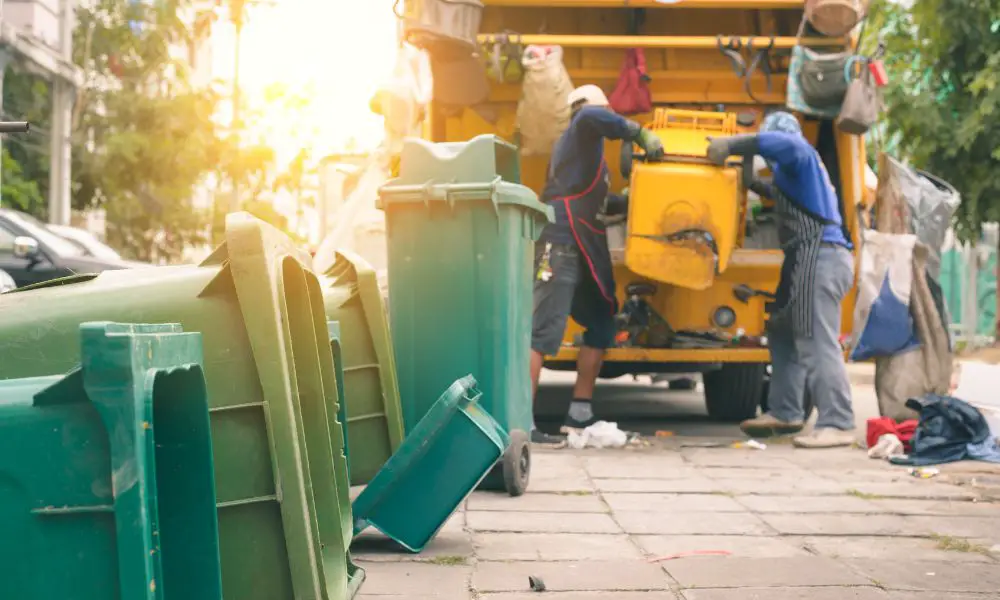

One of the most misunderstood professional sectors is waste management. Most businesses don’t even know they need a waste disposal department until they start making plans. Because of this, many people believe common misconceptions about the waste management industry.
These misunderstandings are dangerous to communities, businesses, and the environment. That’s why it’s important to debunk these myths. Don’t believe the lie! Learn the truth about waste management and help correct these misunderstandings.
Once you’ve finished using a product, it becomes trash. Most people don’t put any more thought into it than that. However, all garbage isn’t the same, and understanding the difference is essential.
Some trash is harmful and may cause damage to humans and local ecosystems. Hazardous waste handling is a specialized skill that people must take seriously. Federal and local authorities compile extensive lists of dangerous waste, so check your items before tossing something out.
There are many misconceptions about the waste management industry, especially regarding recycling. Some people think that recycling eliminates disposal jobs, consumes too much energy, and costs a lot of money. This couldn’t be further from the truth.
In reality, recycling facilities are among the most efficient businesses in the game. These establishments hire thousands of workers every year and know how to conserve power. Companies that recycle their commercial waste also experience revenue growth and avoid making costly mistakes.
There aren’t many words to accurately describe hazardous waste. As such, many people use the term synonymously with “toxic.” In truth, the two terms mean completely different things to waste disposal professionals.
The differences between toxic and hazardous waste are subtle yet important. For example, different laws govern hazardous and toxic waste. While there are a lot of crossovers, not all hazardous materials fit the “toxic” category; it’s best to consult with an expert to get things right the first time.
It might seem like an insignificant subject, but mismanaged waste can have dire consequences. If you want to clean up your community or create safer working conditions, start by exposing the truth about waste management.
American families are once again juggling the seasonal custom—and financial burden—of back-to-school shopping as the…
Want to bond over unexpected activities? Look at these unconventional ways to connect with your…
Burnout isn’t just something that happens to CEOs. For moms homeschooling littles, it’s a very…
When it comes to long-distance motorcycling, comfort, reliability, and smart engineering can make or break…
Flowers have seen significant transformation over time; online flower shopping is increasingly common now for…
Learn essential first-time landlord tips for success, from tenant screening to property maintenance. These strategies…